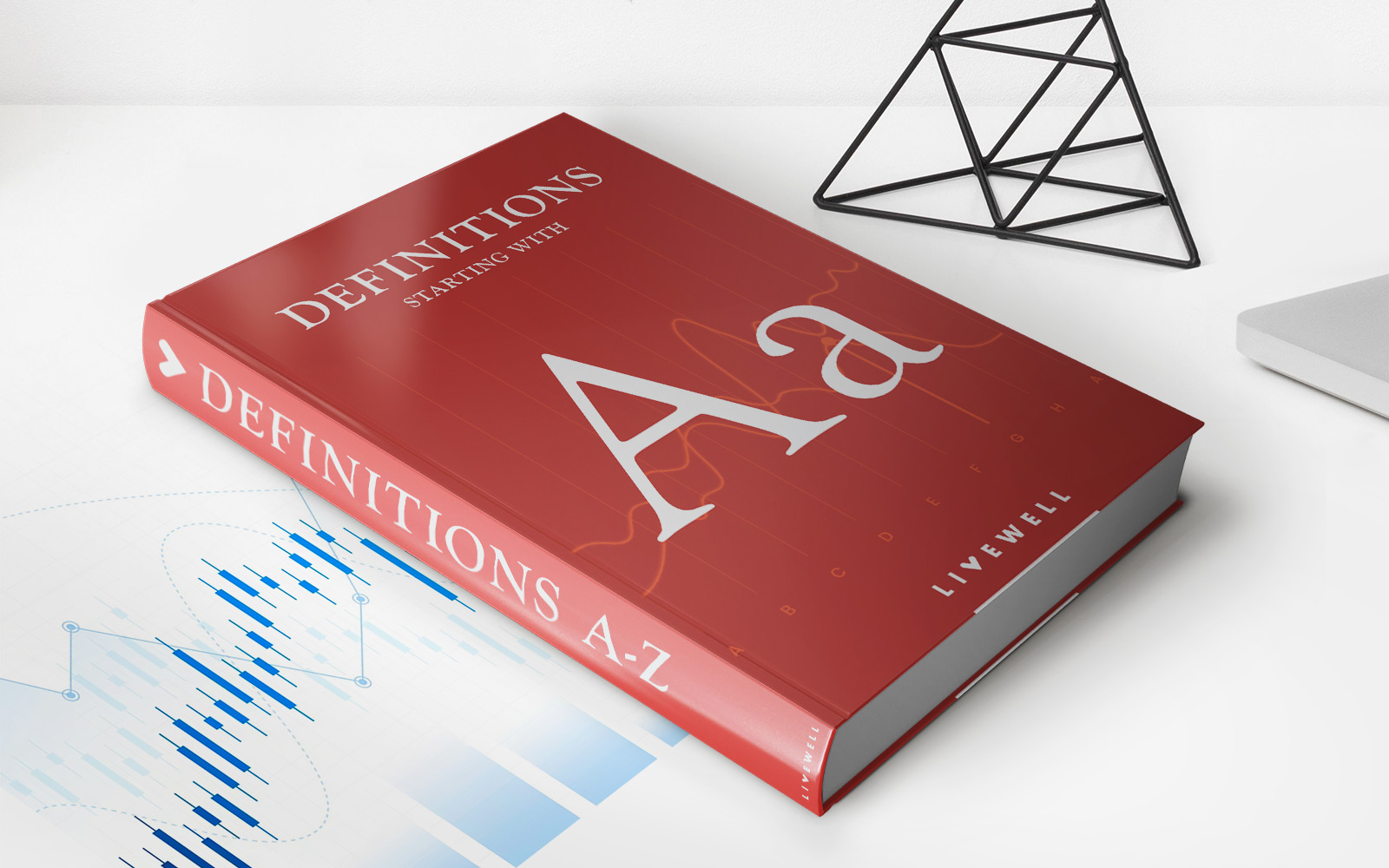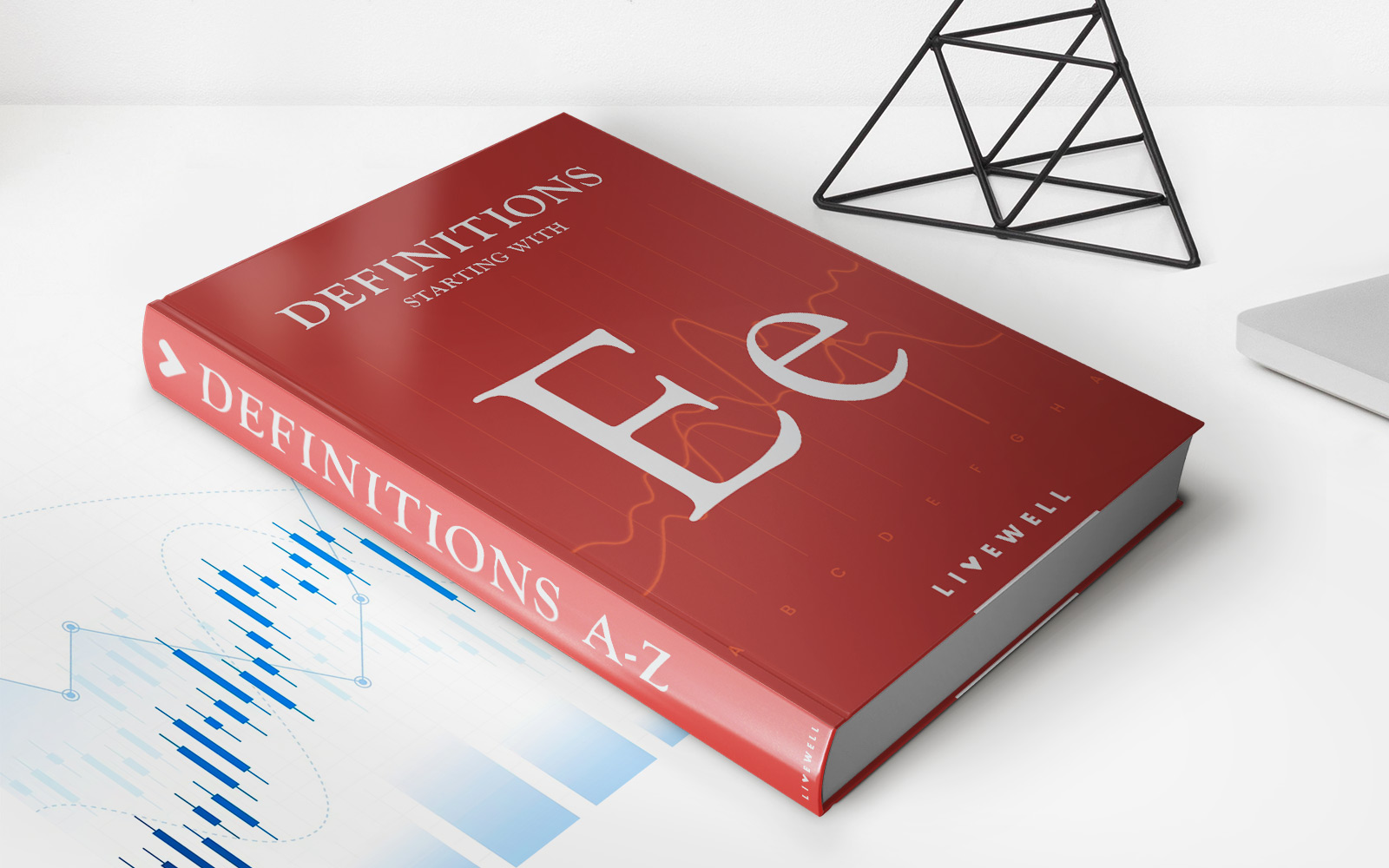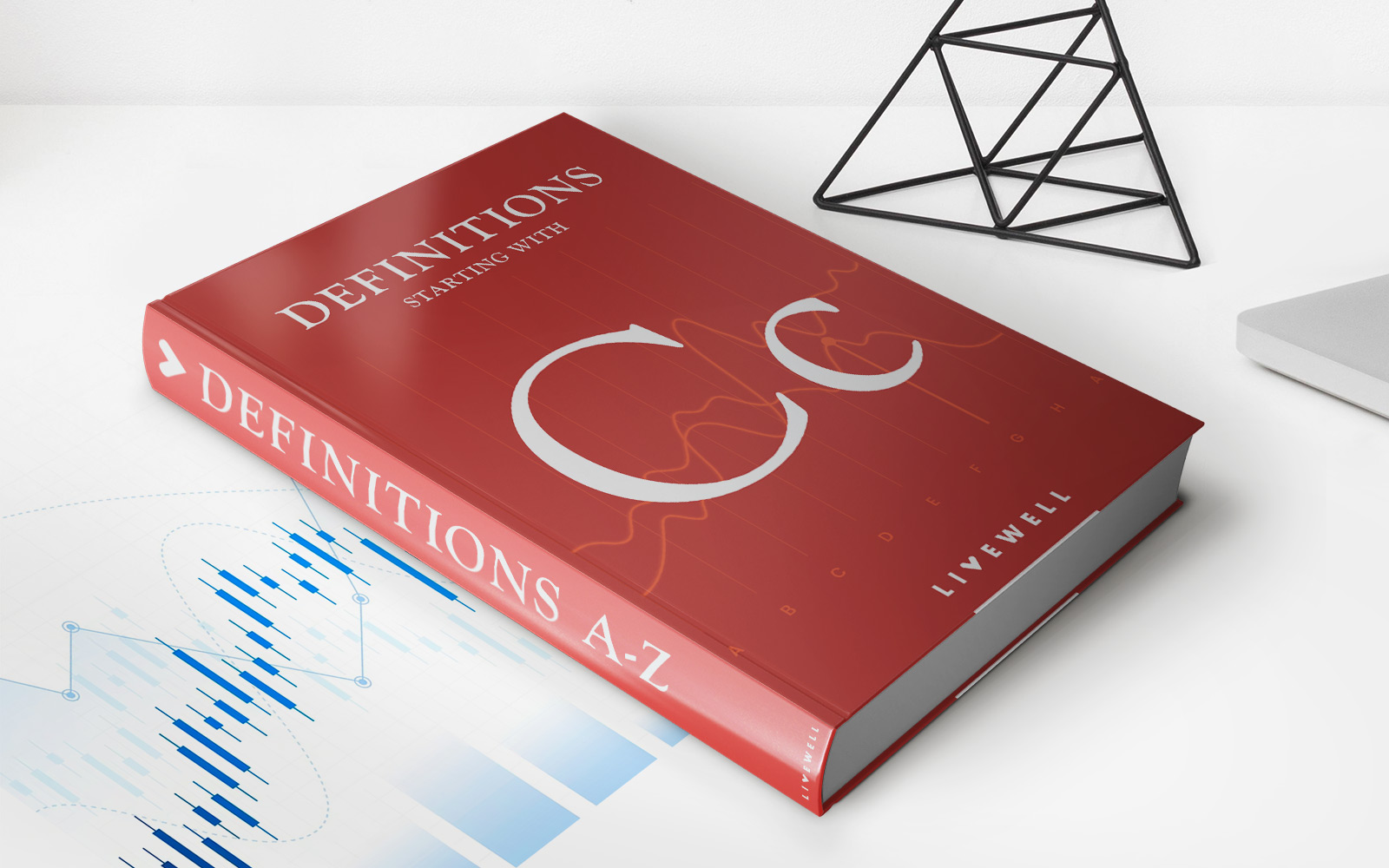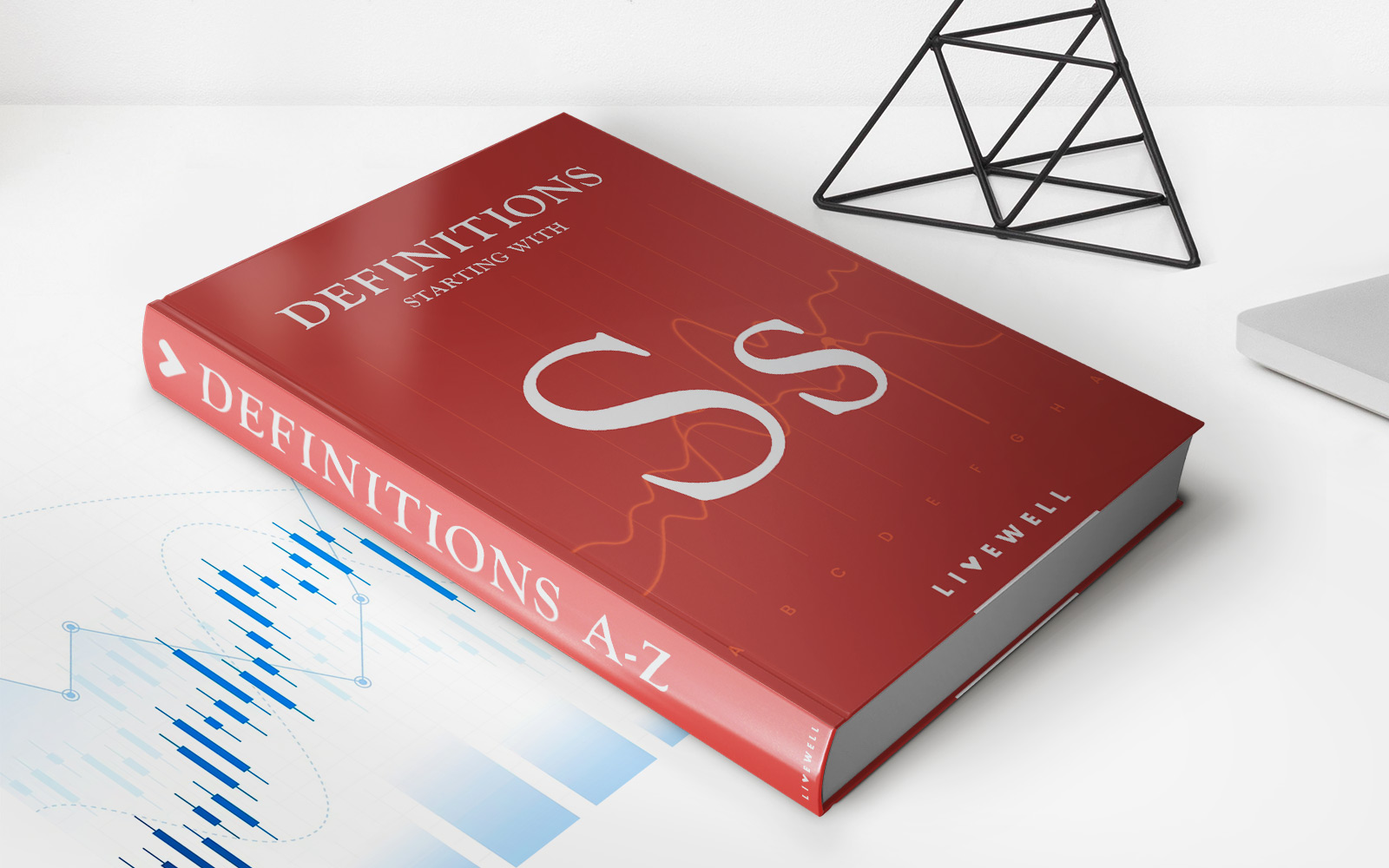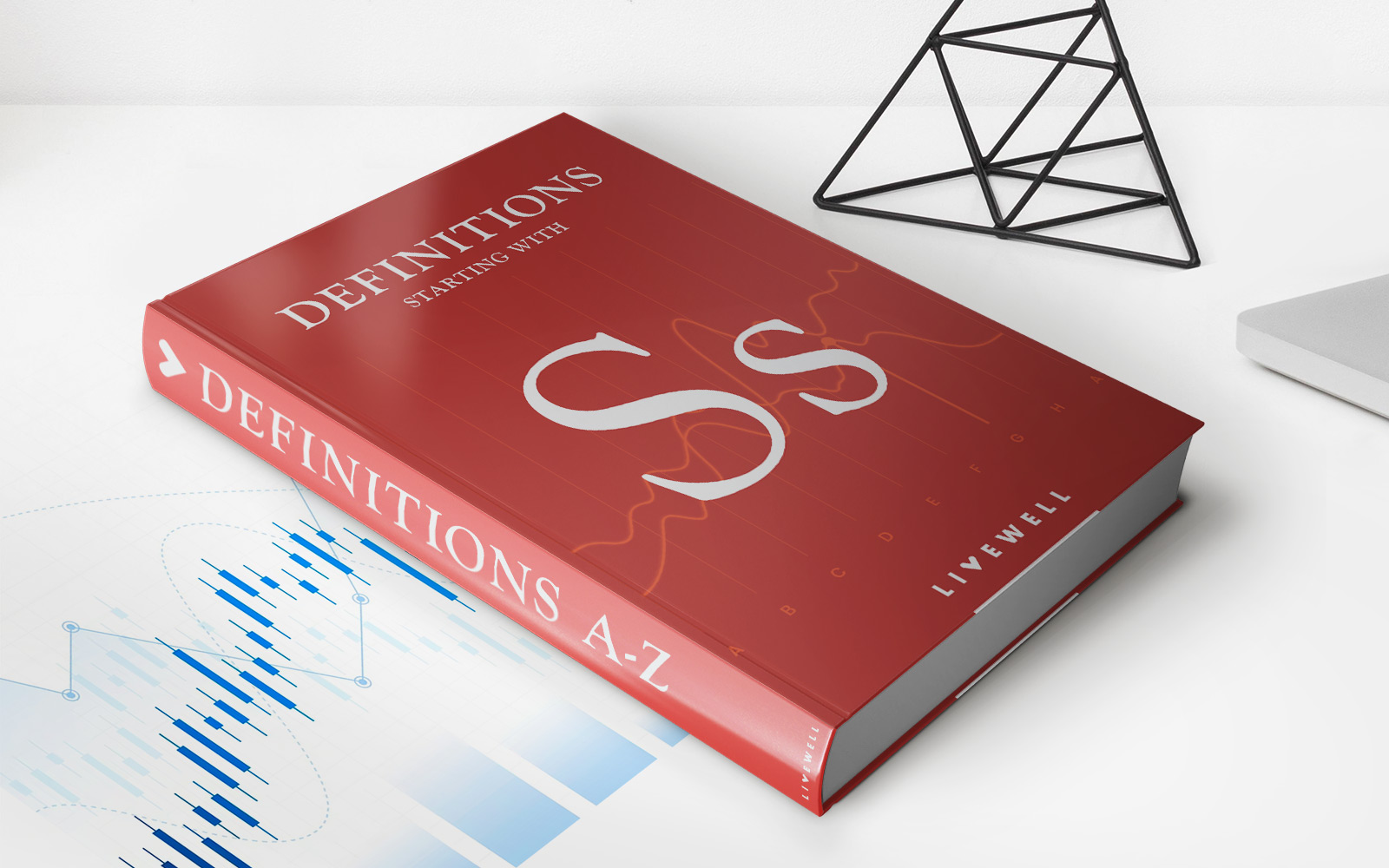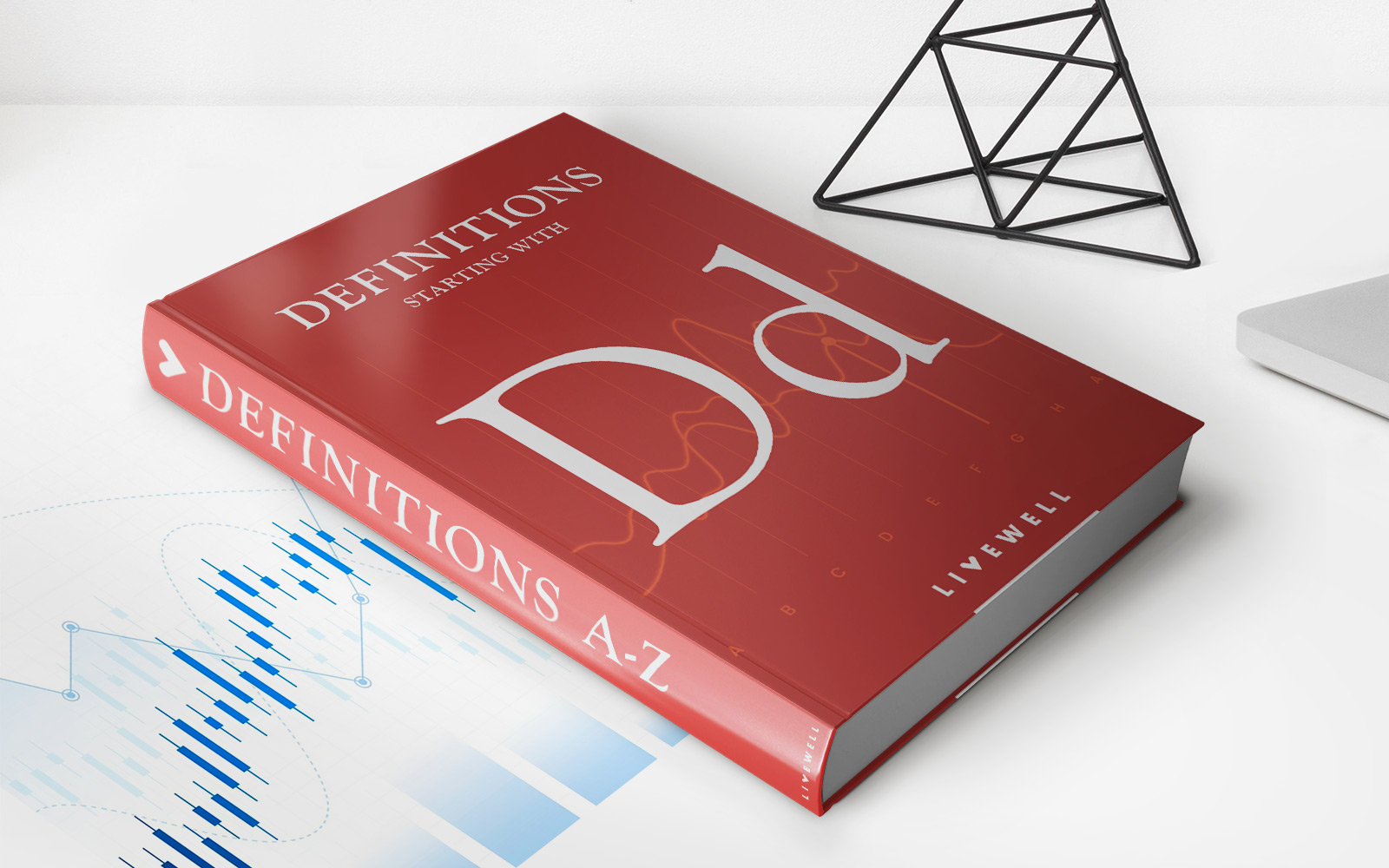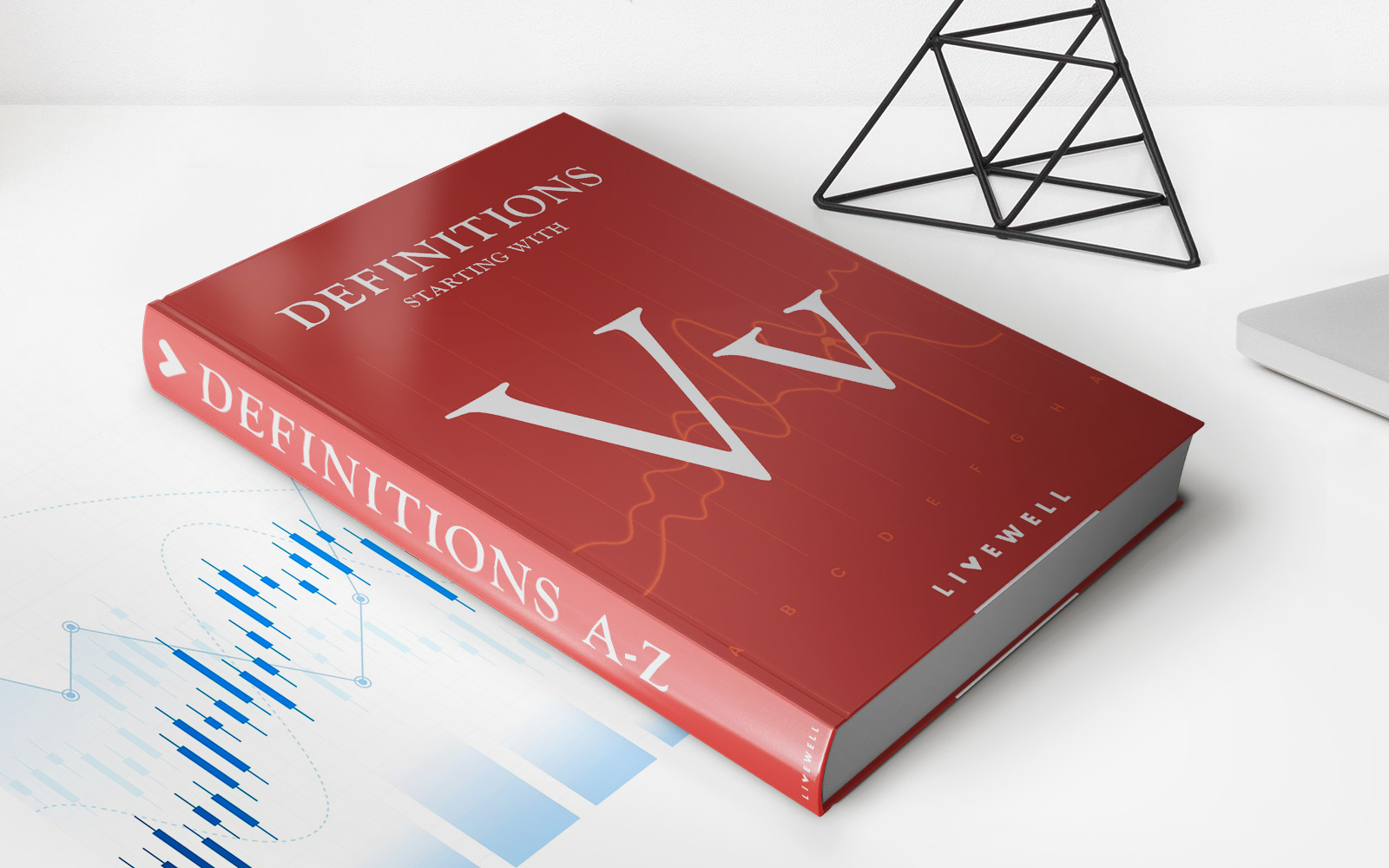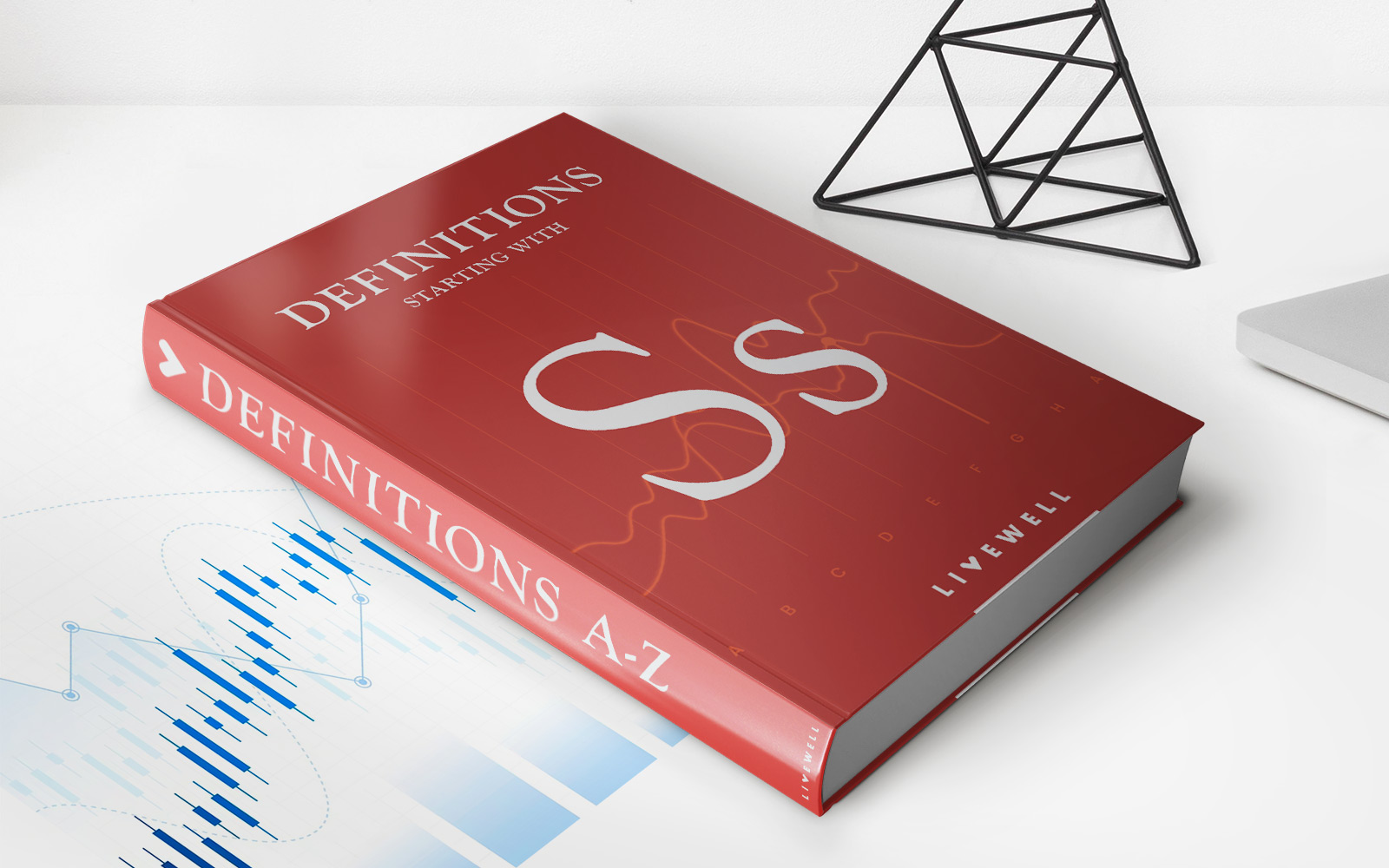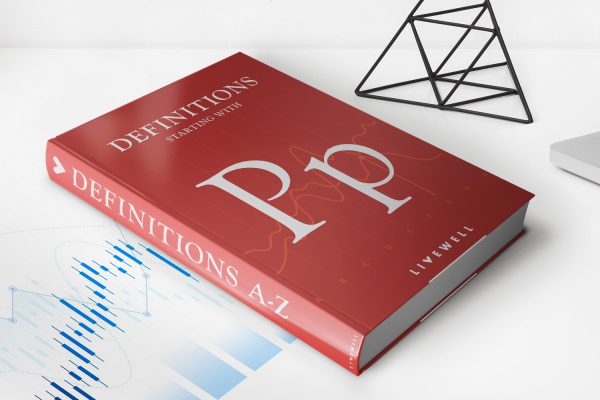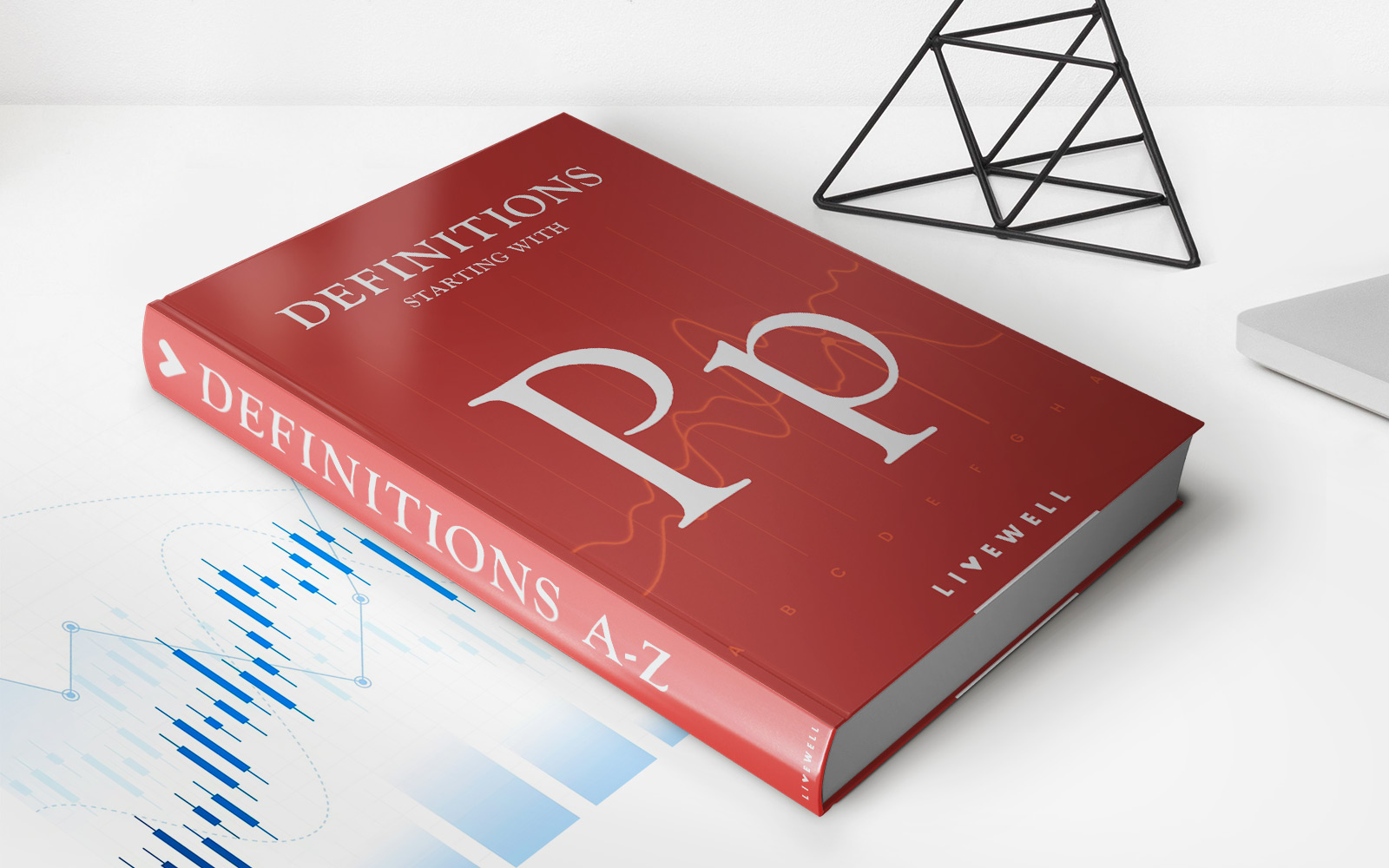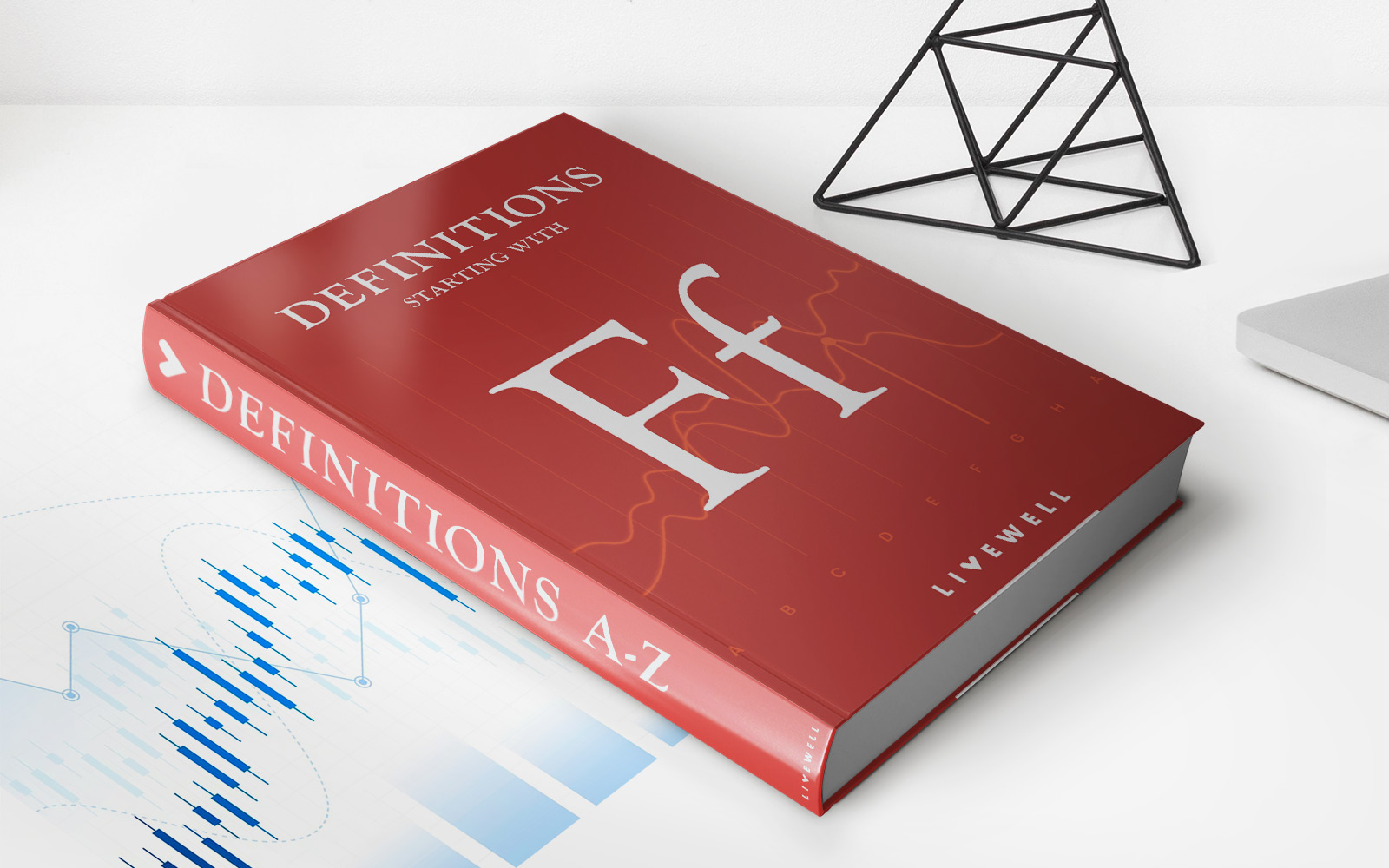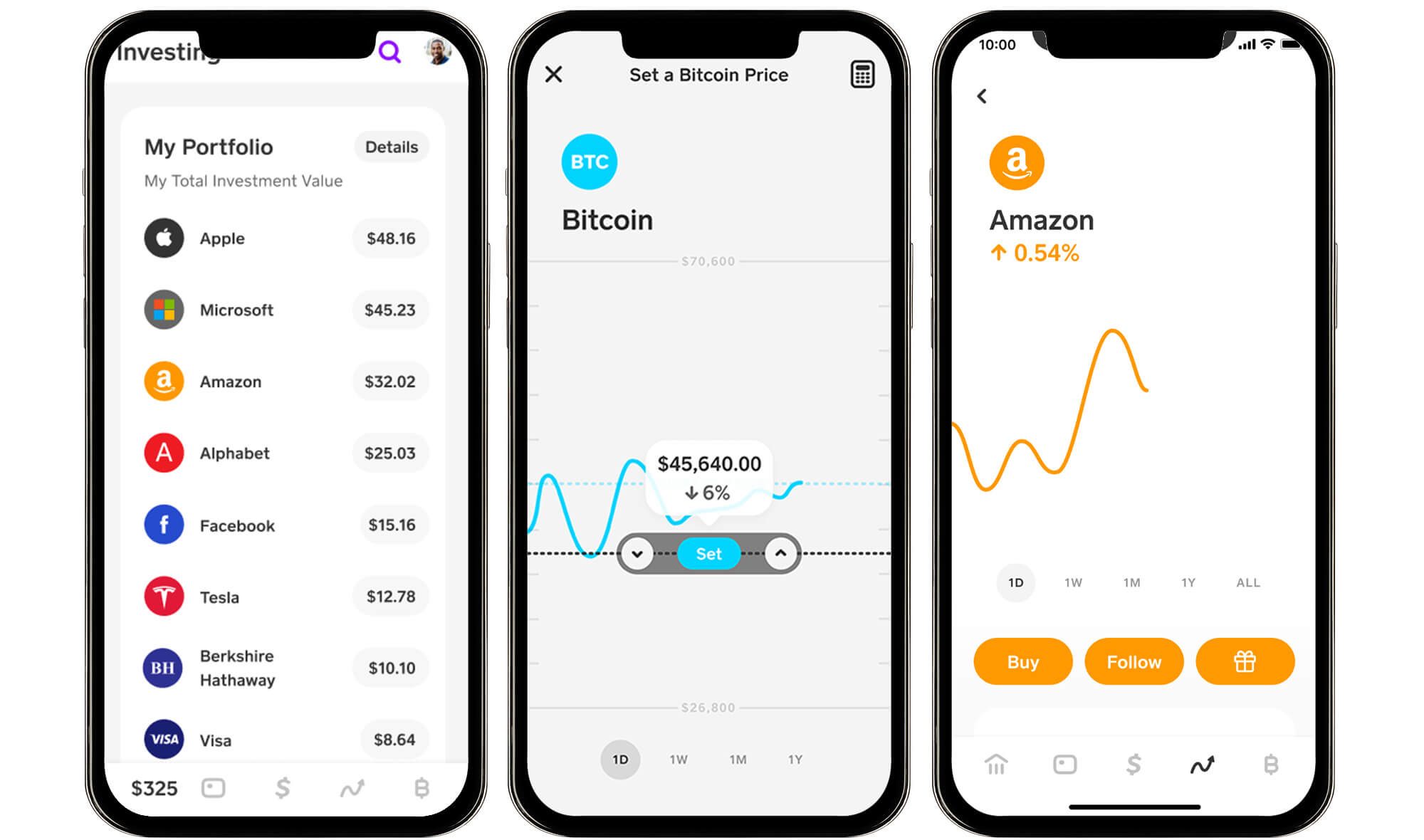Home>Finance>Deflation: Definition, Causes, Changing Views On Its Impact
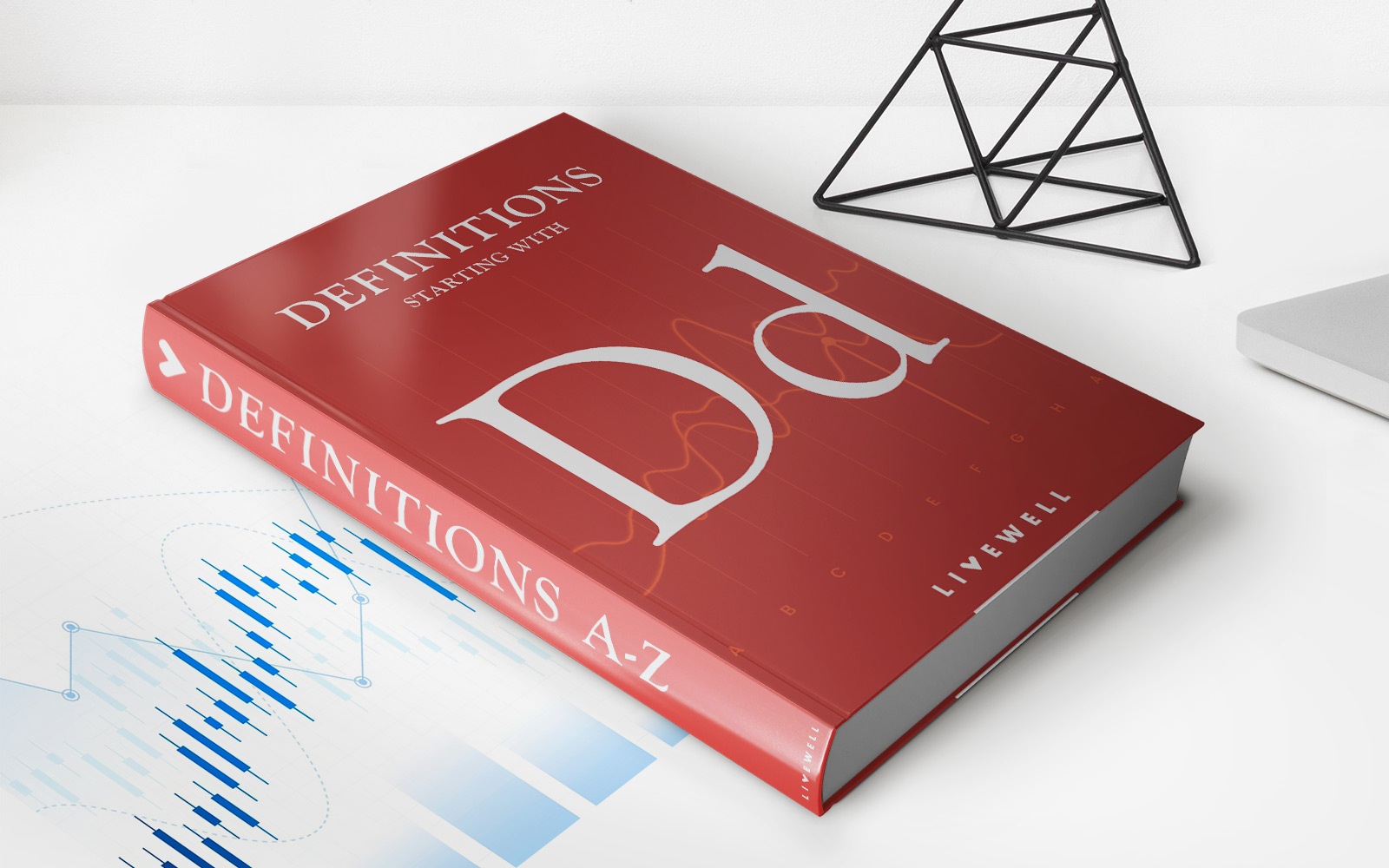

Finance
Deflation: Definition, Causes, Changing Views On Its Impact
Published: November 10, 2023
Understand the concept of deflation in finance: its definition, causes, and evolving perspectives on its impact. Explore the dynamic nature of deflationary trends.
(Many of the links in this article redirect to a specific reviewed product. Your purchase of these products through affiliate links helps to generate commission for LiveWell, at no extra cost. Learn more)
Understanding Deflation: Definition, Causes, Changing Views on Its Impact
Finance, like many other industries, can be complex and intricate. One key concept that impacts the global economy is deflation. But what exactly is deflation and how does it affect our financial landscape? In this blog post, we will dive deep into the topic of deflation, exploring its definition, underlying causes, and the evolving viewpoints on its impact.
Key Takeaways:
- Deflation is a general decline in prices, leading to consumer and business decisions being postponed due to the expectation of further price drops.
- Deflation can be caused by various factors, including technological advancements, economic downturns, changes in consumer behavior, and government policies.
Defining Deflation
Deflation occurs when there is a sustained decrease in the general price level of goods and services in an economy over a period of time. It is the opposite of inflation, where prices consistently rise. Deflation is measured by the inflation rate, which is negative during periods of deflation. When deflation takes hold, the purchasing power of money increases, leading to a decrease in consumer spending and investment.
Causes of Deflation
Deflation can be triggered by a variety of factors, each playing a role in shaping the economic landscape. Some common causes of deflation include:
- Technological Advancements: Rapid advancements in technology can disrupt traditional industries, leading to increased productivity and reduced production costs. This can result in a surplus of goods and services, ultimately causing prices to decline.
- Economic Downturns: During recessions or economic downturns, people tend to cut back on spending, leading to a decrease in demand for goods and services. This reduced demand can trigger a deflationary spiral as businesses lower prices to stimulate sales, further suppressing inflation.
- Changes in Consumer Behavior: When consumers become cautious about their financial future, they tend to save more and spend less. This reduction in consumer spending can lead to deflationary pressures, as businesses reduce prices to attract customers.
- Government Policies: Central banks and governments play a critical role in shaping economic conditions. In some cases, contractionary monetary policies, such as raising interest rates or withdrawing money from circulation, can hinder spending and investment, causing deflationary pressures.
Changing Views on the Impact of Deflation
Historically, deflation has been considered detrimental to economic growth. The expectation of lower prices leads to postponed consumption and investments, ultimately stifling economic activity. However, in recent years, scholars and economists have developed different perspectives on the impact of deflation:
- The Negative View: Many economists still adhere to the traditional belief that deflation is harmful to the economy. They argue that deflation can result in excessive debt burdens, as the value of money increases while debts remain fixed. This, in turn, may lead to defaults and financial instability.
- The Positive View: A growing body of thought suggests that mild deflation may not necessarily be detrimental. They contend that falling prices can increase purchasing power and encourage consumer spending. Furthermore, lower input costs can boost profit margins for businesses, leading to increased investments and economic growth.
While the ongoing debate on the impact of deflation continues, it is essential to recognize that the severity, duration, and underlying causes of deflation play a significant role in determining its overall impact on the economy.
Conclusion
Deflation, characterized by a sustained decrease in the general price level, is a phenomenon that affects our financial landscape. With changing viewpoints on its impact, economists explore the potential benefits and drawbacks of mild deflation. Understanding the definition, causes, and evolving perspectives on deflation allows us to navigate the ever-evolving world of finance with greater insight and adaptability.
For more informative articles on finance and other related topics, don’t forget to explore our finance category, where we delve into a myriad of subjects that impact our financial well-being.
